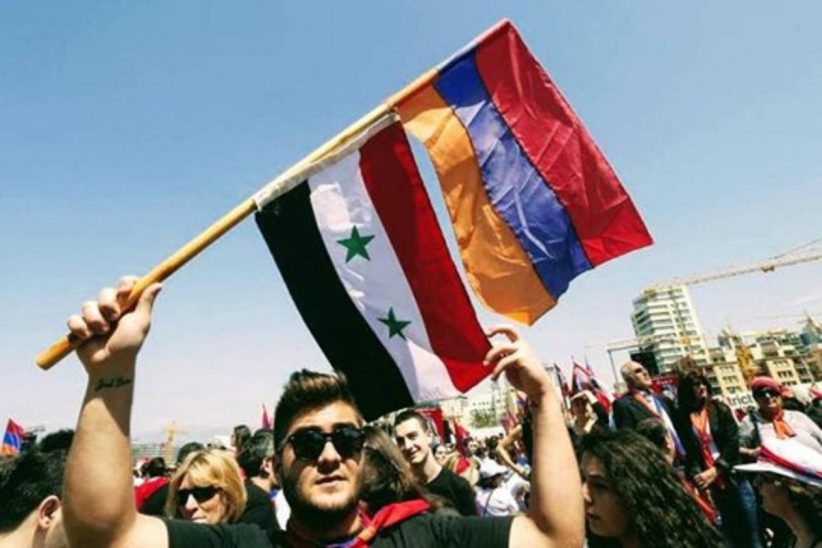The years 1894 and 1896 constitute two decisive points in the history of the Armenians and their suffering from the national intolerance of the Ottoman government of Union and Progress, which tended towards Turanian ideas. Abdul Hamid II is accused of being the first to carry out massacres against the Armenians and other Christians who were under the rule of the Ottoman Empire. With the outbreak of World War I, the Ottomans took advantage of the world’s preoccupation with this war, so they attacked the Armenians in 1915, in light of international failure to stop the Ottomans and they carried out one of the the largest massacres in human history of the Armenians known as the Armenian massacre. The massacres increased the phenomenon of migration. The sympathy of the Arabs was clear, as the Muslim Arabs received the displaced Armenians with good will, and they showed generosity and support for the weak, depicting Arab morals. The Armenians lived through the years of diaspora, but they were able to form large communities that preserved their social relations, rituals, and Armenian history.
The Armenian historian Raymond Kevorkian confirms that the large Armenian migrations to the Arab region and Syria were due to the continuous Turkish persecution. The Aleppo historian Sheikh Kamel Al-Ghazi says that the population of Aleppo reached two hundred and ten thousand people by the end of the year 1925, and the Armenians constituted twenty-five percent of the city’s population .

